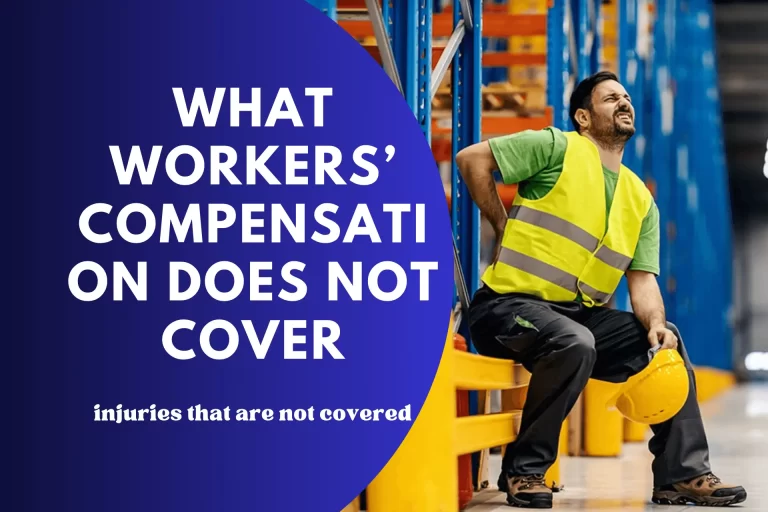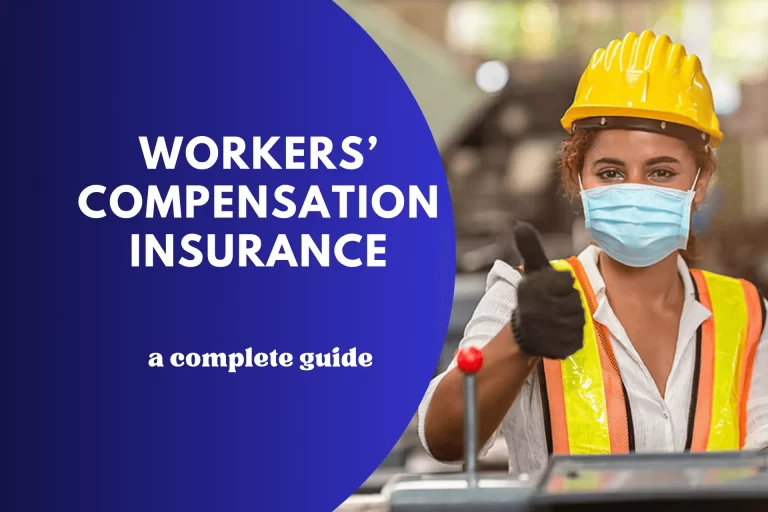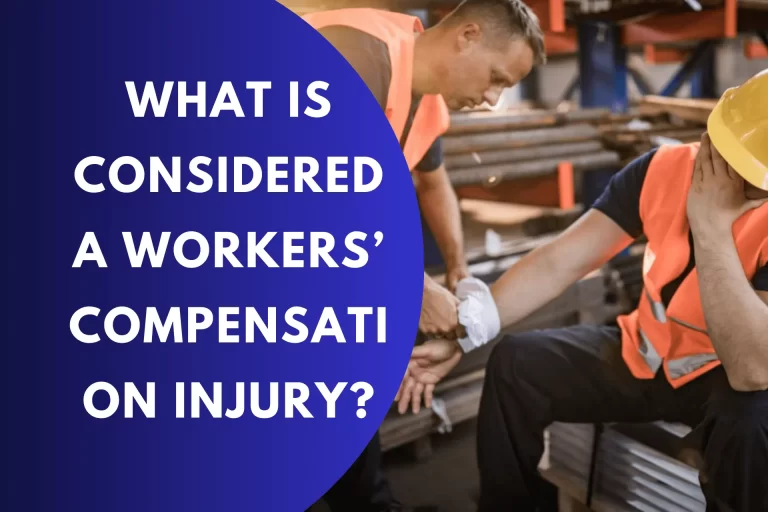What is Workers’ Compensation Insurance Definition
If you’ve ever held a job, you’ve likely heard the term “workers’ compensation insurance” thrown around. But what does it really mean? And more importantly, why should you care? Well, grab a cup of coffee and settle in, because we’re about to dive deep into the world of workers’ compensation insurance definition, breaking it down in a way that’s easy to understand.
What is Workers’ Compensation Insurance Definition and Why It Matters
At its core, workers’ compensation is a form of insurance that provides wage replacement and medical care benefits to employees who get injured or become ill due to their jobs. Think of it as a safety net that’s there to catch you when you fall—either literally or metaphorically.
Now, why is this important? what are compensation benefits? Let’s say you’re a construction worker and you have the misfortune of falling off a ladder. Not only are you dealing with the physical pain of the injury, but you’re also likely stressed about the mounting medical bills and how you’re going to pay your rent while you’re out of work. This is where workers’ compensation comes into play. It’s designed to alleviate some of these financial burdens and help you get back on your feet—both medically and financially.
The Nitty-Gritty: How Compensation Insurance Works
So, you’ve had an accident at work. What happens next? The first step is to report the injury to your employer as soon as possible. You’ll then typically fill out some paperwork and may need to see a doctor for an evaluation. Once all the necessary documentation is submitted, you’ll start receiving benefits based on the workers’ compensation policy.
There are different types of benefits you might be eligible for. Medical expenses are usually covered, which include doctor visits, medication, and any required treatments or surgeries. Disability benefits and death benefits are another common type of benefit, providing you with a portion of your lost wages while you’re unable to work. In some cases, you might also qualify for vocational rehabilitation, which helps you re-enter the workforce if you’re unable to return to your previous job due to your injury or illness.
Eligibility and Common Misconceptions
Most employees are eligible for workers’ compensation insurance, but there are some exceptions. Independent contractors, freelancers, death benefits, and some types of seasonal workers often don’t qualify. Additionally, certain professions, like federal employees and railroad workers, have their own separate systems for workers’ compensation based on their specific workers’ compensation insurance definition.

One common misconception is that claiming workers’ compensation insurance is a complicated and bureaucratic process. My friend Sarah, who works in retail, thought the same until she sprained her wrist at work. She was pleasantly surprised to find that the process was much more straightforward than she had anticipated, thanks to a clear understanding of the workers’ compensation insurance definition. Another misconception is that workers’ compensation coverage is only for physical injuries. This is not the case; mental health issues like stress and anxiety can also be covered if they are directly related to your job.
Tips for Navigating Worker Compensation
Navigating the workers’ compensation system can be daunting, but there are ways to make it easier. First and foremost, documentation is key. Keep meticulous records of everything related to your injury, including medical bills, doctor’s notes, and any correspondence with your employer or the insurer. If things get complicated or if your claim is denied, don’t hesitate to consult a lawyer who specializes in workers’ compensation cases.
How workers’ compensation claims work
Workers’ compensation claims are a form of insurance that provides benefits to employees who have been injured or become ill as a result of their jobs. When a worker files a claim, they must report the incident to their employer and fill out the necessary paperwork. It is important for the worker to seek immediate medical attention and inform their healthcare provider that the injury is work-related. Once the claim is filed, the employer’s insurance company will review the case and make a determination on whether the claim is valid. If the claim is accepted, the injured worker will receive benefits such as medical coverage, wage replacement, and rehabilitation services.
The amount of compensation received will depend on the severity of the injury and the employee’s wages. In some cases, disputes may arise between the injured worker and the insurance company, leading to legal proceedings. However, workers’ compensation insuarnce laws are designed to provide a streamlined process for injured workers to receive the support they need to recover and return to work.
Workers’ Compensation Insurance for Employers FAQs
Conclusion
In a nutshell, workers’ compensation is a crucial part of the employment landscape that provides a financial safety net for workers. It’s not just for those in high-risk jobs; anyone can suffer a work-related injury or illness. So it’s essential to understand the workers’ compensation insurance definition and what you’re entitled to.






